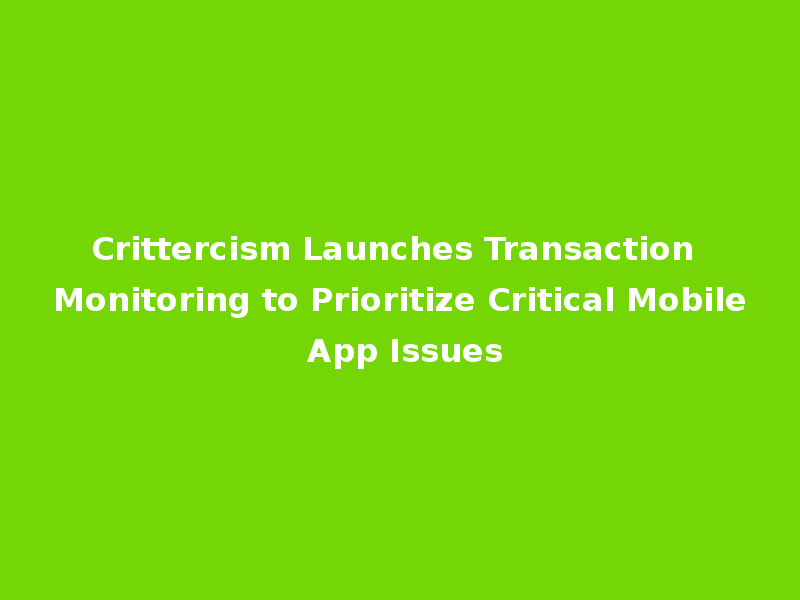Why Fining Customers for Bad Reviews Is a Terrible Business Strategy
In today’s digital-first world, online reviews can make or break a business. But one New York hotel took an extreme—and highly questionable—approach to managing its reputation: fining customers for negative feedback. Here’s why this strategy backfired spectacularly.
The Controversial Policy That Sparked Outrage
Union Street Guest House (USGH), a boutique hotel in New York’s Hudson River Valley, implemented a policy that charged event organizers $500 per negative online review posted by their guests. This penalty applied to weddings, social gatherings, and even individual stays, as boldly stated on their website:
“If you have booked the Inn for a wedding or event… there will be a $500 fine deducted from your deposit for every negative review posted by anyone in your party.”
The Immediate Backlash
Unsurprisingly, the internet did not take kindly to this heavy-handed tactic. Instead of suppressing criticism, the policy triggered a wave of backlash:
- Yelp was flooded with negative reviews condemning the hotel’s approach.
- The story went viral, landing in outlets like Page Six and Business Insider.
- Public perception shifted from mixed (prior reviews were average) to overwhelmingly negative.
A Failed Attempt at Damage Control
Facing intense scrutiny, USGH claimed the policy was a “tongue-in-cheek” joke and had never been enforced. However:
- Former guests shared emails proving the fines were real.
- The hotel later deleted its Facebook response, further fueling skepticism.
Why This Strategy Fails
Consumer Trust Erodes Instantly
Penalizing honest feedback signals a business fears accountability—not a good look.The Streisand Effect Strikes
Attempting to silence critics often amplifies negative attention (as seen with the review bombings).Legal and Ethical Gray Areas
Such policies may violate consumer protection laws, depending on jurisdiction.
A Better Approach to Online Reputation
Successful businesses focus on improving service quality—not strong-arming customers. For example:
- Encourage happy guests to leave reviews (e.g., post-stay emails).
- Address complaints professionally to show responsiveness.
- Monitor feedback to identify and fix recurring issues.
The Takeaway
In the age of social media, transparency and authenticity win. USGH’s misstep serves as a cautionary tale: bullying customers into silence is never a sustainable strategy. Instead, invest in delivering experiences worth praising—no fines required.
Have you encountered businesses with questionable review policies? Share your thoughts in the comments.












